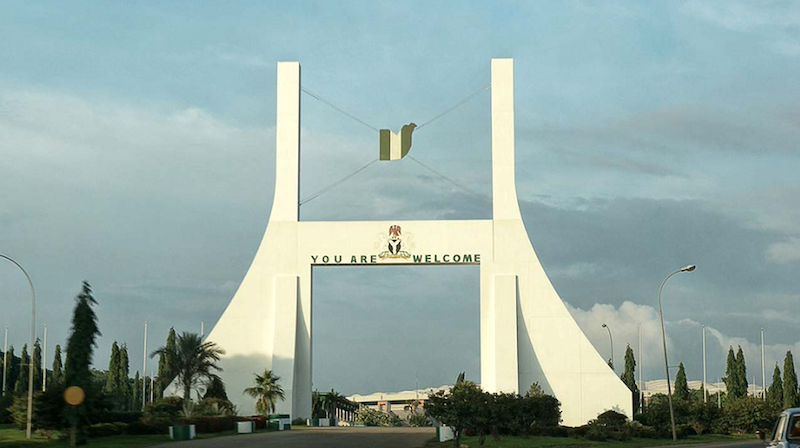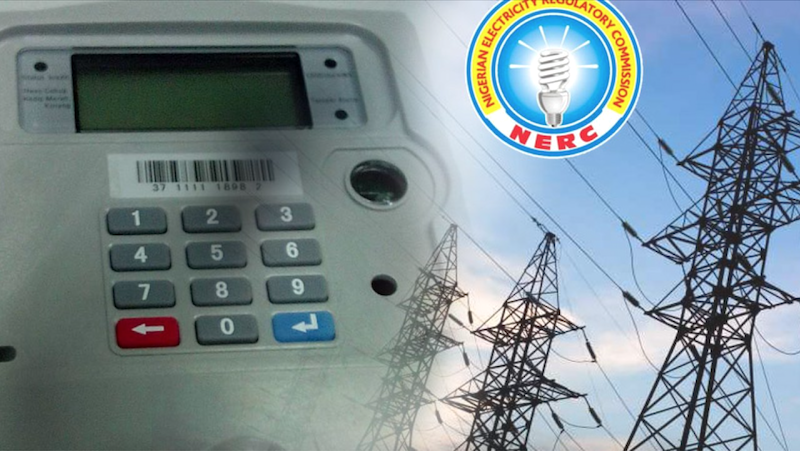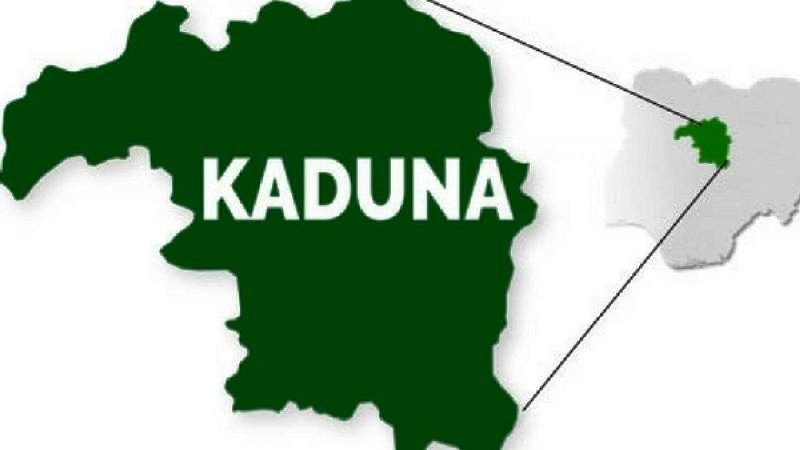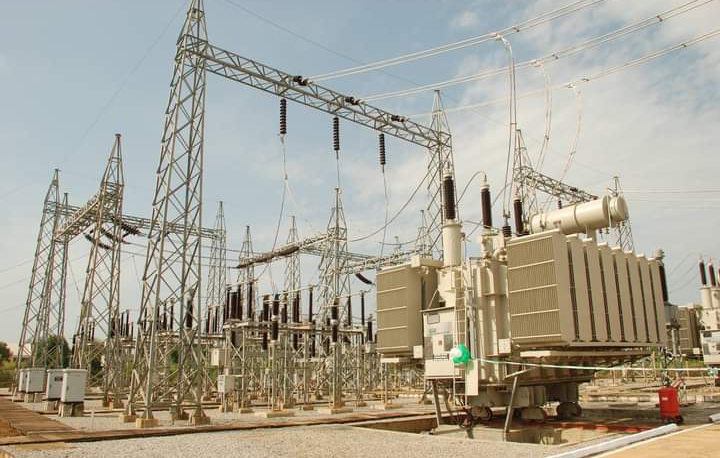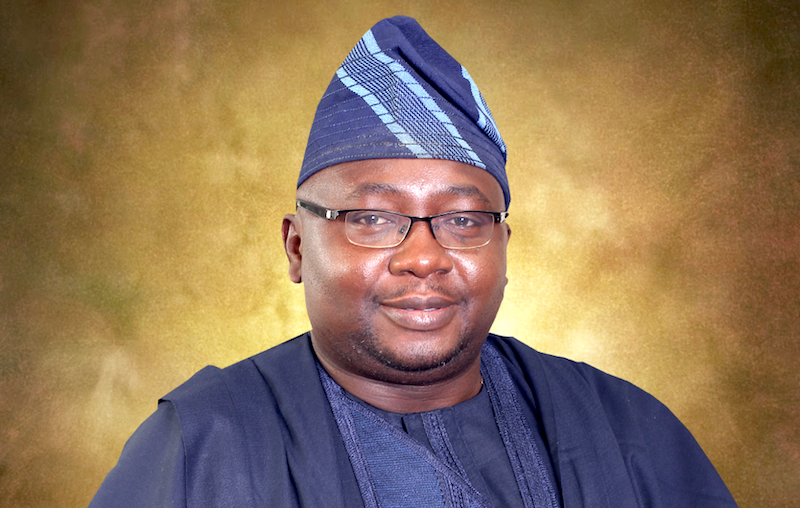The Lagos State Government has promised to bring an end to estimated electricity billing to relieve residents suffering inflated electricity charges.
The government also promised to tackle other challenges plaguing the state’s energy sector.
Gov. Babajide Sanwo-Olu made the promise at the Lagos Commodities and Futures Exchange Meeting held at the Muson Centre, Onikan, Lagos, on Friday.
The meeting had the theme: “Building a Competitive Electricity Marketplace: Strategies to Attract Investments and Boost Confidence in the Lagos Electricity Market Using the Capital Market”.
The governor was represented by his Deputy, Dr Obafemi Hamzat.
Sanwo-Olu re-affirmed his administration’s commitment to ensuring that Lagos would become a model for electricity market transformation in Africa.
He emphasised the importance of creating a competitive, reliable and investor-friendly electricity market.
According to him, the essence is to make sure that everybody has power and reduces the amount of money spent on generators.
“By so doing, the environment is clean. It is a win-win situation for all,” he said.
The governor said that, to achieve the goal, the state government was implementing policies to encourage private sector participation.
He added that the state would improve regulatory oversight and build investor confidence in the Lagos electricity market.
Sanwo-Olu added that the government was committed to creating an enabling environment which would encourage investments in power infrastructure and renewable energy solutions.
The governor said that, with the Lagos State Electricity Law in place, the government was taking decisive steps to decentralise power generation order to achieve transformation in the sector.
He added that such would boost private sector participation and foster a more dynamic and efficient energy marketplace.
“We will introduce new meters to eliminate estimated billing and provide accurate electricity charges.
“We will leverage the capital market to finance large-scale energy projects through instruments such as energy bonds, power purchase agreements, and electricity derivatives,” he said.
Sanwo-Olu urged financial institutions, investors, policymakers and other stakeholders to work collaboratively in leveraging the capital market for energy sector growth.
He said: “By implementing these strategies, our aim is to build a competitive, reliable and sustainable electricity marketplace that serves the needs of the people and businesses.”
Earlier, Mr Biodun Ogunleye, the state Commissioner for Energy and Mineral Resources, unveiled plans to revolutionise the state’s energy sector.
Ogunleye said that the Clean Lagos Electricity Market initiative was designed to eradicate blackouts across the state.
Ogunleye outlined a multi-step approach, including establishment of robust market institutions, to achieve the goal.
The commissioner noted the need to deploy cutting-edge tools, enhance value chain delivery capacity and attract new investments.
According to him, a key component of the strategy is construction of five energy hubs aimed at significantly boosting power capacity.
Ogunleye emphasised the importance of collaboration among the government, the private sector, individuals and other stakeholders to ensure equitable power distribution across geographical areas and demographics.
“The state government is committed to ensuring that power capacity goes up drastically in the state as the government is building a total of five energy hubs.
“We, therefore, call on the private sector, individuals and other stakeholders to support the government in its bid to create and ensure that power supply is well-distributed irrespective of geographical areas,” he said.
Dr Emomotimi Agama, Director-General, Securities and Exchange Commission (SEC), said the collaboration among capital market operators, government agencies and development finance institutions was crucial for unlocking the full potential of market-based financing for the power sector.
He was represented by the organisation’s Executive Commissioner, Operations, Mr Bola Ajomale.
He urged regulators, policymakers, investors, market operators and other stakeholders to deepen collaboration and leverage the capital market as a catalyst for transforming Nigeria’s electricity sector.
Agama gave the assurance that SEC would continue to implement policies which would foster a stable and efficient market, ensuring that investors and issuers would operate in a well-regulated and secure environment.
